Science News for QCOR 2020
Value of CV Care in the US: Current Challenges and Future Opportunities
QCOR 2020 Program Chair Michael Ho, MD, PhD interviews plenary speaker Mark McClellan, MD, PhD about current challenges and future opportunities the AHA Value in Healthcare Initiative identified for improving the value of cardiovascular care in the US.
AHA-ISPOR Joint Session on Real World Evidence
Adrian Hernandez, MD and Richard Willke, PhD, chief science officer of the International Society for Pharmacoeconomics and Outcomes Research, discuss the topics they presented during QCOR 2020: real world evidence and the standards evolving for its proper use in clinical trials.
Prevalence and Prognostic Significance of Aortic Stenosis in Patients With Acute Decompensated Heart Failure: The Atherosclerosis Risk in Communities Study

Krishan Sivara | University of North Carolina at Chapel Hill, Chapel Hill, NC
Results: For patients with acute decompensated HF (ADHF) (HFrEF or HFpEF), more whites than blacks and older than younger patients had AS. Worse AS associated with higher rates of death.
Population-level Insights Into 30-day Mortality in Medicare Beneficiaries After Inpatient and Outpatient Catheter Ablation for Atrial Fibrillation

Venkata Andukuri | Creighton University, Omaha, NE
Results: 30-day post-AF ablation mortality showed rates higher than recently estimated rates higher for inpatients than outpatients, for males, non-whites, and higher in some regions.
A Novel Risk Tool to Predict Chronic Stress in Patients With Cardiovascular Disease

Ali Osama Malik | Saint Lukes Mid America Heart Institute, Kansas City, MO
Results: Novel tool predicts chronic stress in patients with worsening CVD. May help ID candidates for intervention.
Early Career Investigator Award Finalists
Winner: Socioeconomically Disadvantaged Medicare Beneficiaries Had Worse One Year Clinical Outcomes But Lower Total Annual Costs of Care
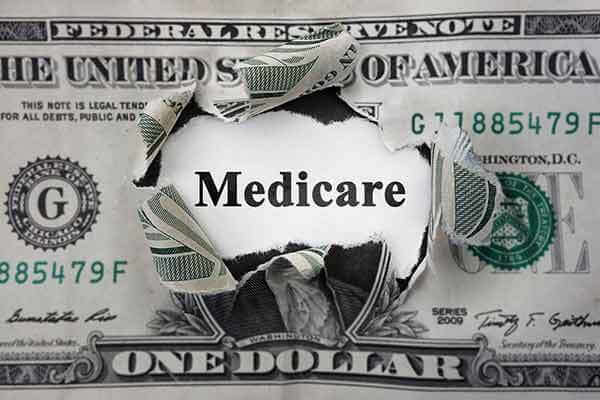
J Gmerice Hammond | Washington University in St Louis, St Louis, MO
Results: Healthcare cost alone may not predict clinical risk in those who are socioeconomically disadvantaged.
Published in Circ:CQO – Social Determinants of Health Improve Predictive Accuracy of Clinical Risk Models for Cardiovascular Hospitalization, Annual Cost, and Death
Geographic Inequalities in Cardiovascular Mortality: Impact of Public Health Initiatives
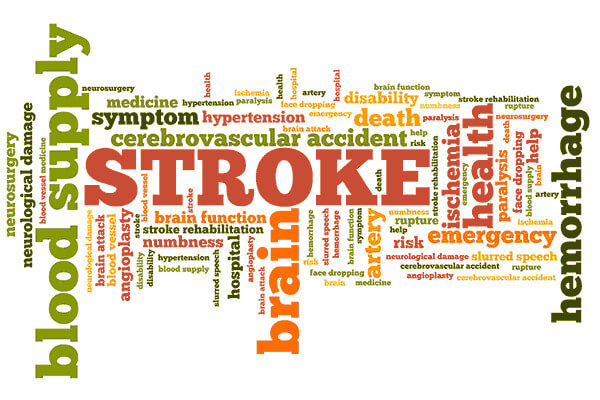
Vibhu Parcha | University of Alabama, Birmingham, AL
Results: Geographic disparities still significant in stroke belt CV mortality.
National Surveillance of Stroke Quality of Care and Outcomes Using Post-stratification Survey Weights on the Get With the Guidelines-stroke Patient Registry

Boback Ziaeian | UCLA, Los Angeles, CA
Results: Post-stratification survey weights help estimate AIS epidemiology and monitor stroke QOC.
Practical Application of Patient-Reported Health Status Measures for Transcatheter Valve Therapies: Insights from the STS/ACC TVT Registry
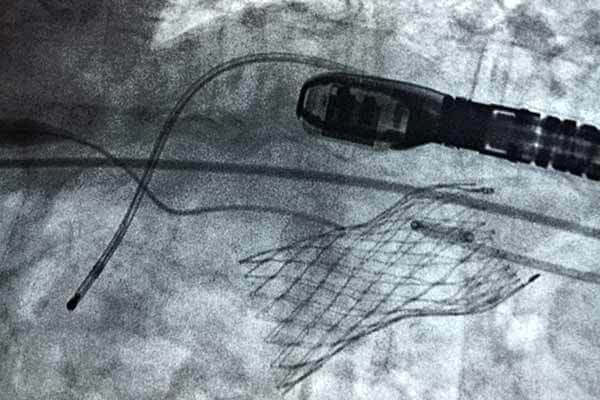
Vittal Hejjaji | Saint Luke's Hospital Kansas City, Kansas City, MO
Results: Patient-reported health status improvement 30 days after TAVR strongly associated with lower risk of death or HF hospitalization.
Disparities in Cardiovascular Disease Outcomes Among Pregnant Females

Mohamed M Gad | Cleveland Clinic, Cleveland, OH
Results: Significant racial disparities noted for major CV events in pregnant women.
Patient-Reported versus Physician-Estimated Angina in Patients Undergoing Percutaneous Coronary Intervention

Andy T Tran | Saint Luke's Mid America Heart Institute, University of Missouri-Kansas City, Kansas City, MO
Results: Discordance noted between patient-reported and physician estimates of angina. Tools that include the patient's outcome measures may help select those who will have QOL benefits after PCI.
Social Determinants of Health and Participant Retention in a Disparities Study and Primary Care: Findings From the Hypertension and Values (hyvalue) Trial
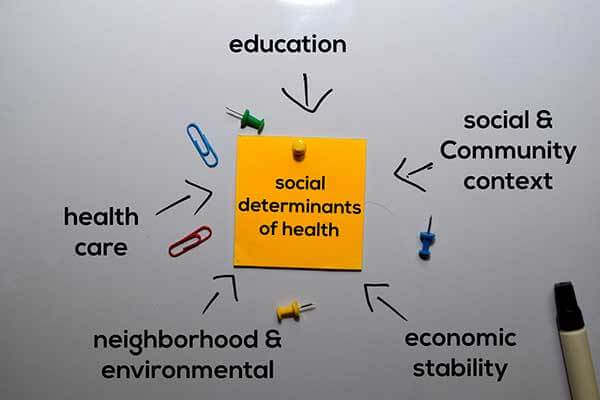
Kamal Henderson | Rocky Mountain VA Medical Center, Denver, CO
Results: Higher social determinants of health levels associated with less research study retention.
Impacts of the Million Hearts® Cardiovascular Disease Risk Reduction Model on the Initiation or Intensification of Statins and Anti-hypertensive Medications: A Pragmatic, Cluster-randomized Trial

G. Greg Peterson | Mathematica Policy Research, Washington, DC
Results: Use of CVD medications significantly improved with the Million Hearts® model, especially in high-risk participants and increased provider awareness of risk.
Related Content
Advancing Value-Based Cardiovascular Care: The American Heart Association Value in Healthcare Initiative
Mark B. McClellan, et. al
Advancing Value-Based Models for Heart Failure: A Call to Action From the Value in Healthcare Initiative’s Value-Based Models Learning Collaborative
Karen Joynt Maddox, et. al
Quality Improvement in Rural Settings: Maternal CV Mortality
Pamela Peterson, MD, MPH/MSPH and Kathryn Lindley, MD discuss topics presented in a session on Quality Improvement in Rural Settings that they participated in during QCOR 2020 with a focus on maternal cardiovascular mortality.
Cardiac Implications of Non-Cardiac Disease: COVID-19 CVD Registry
William Borden, MD, FAHA interviews Sandeep Das, MD, MPH about AHA's new COVID-19 CVD registry to collect data about COVID-19 and its impact on CV health which he reviewed during a session on the cardiac implications of non-cardiac disease.
Register for the COVID-19 Data Challenge.
Early Career Investigator Award Semi-Finalists
Use of Administrative Claims to Ascertain Outcomes in Randomized Clinical Trials for Transcatheter Aortic Valve Replacement: Findings From the Extending Trial-based Evaluations of Medical Therapies Using Novel Sources of Data (EXTEND) Study
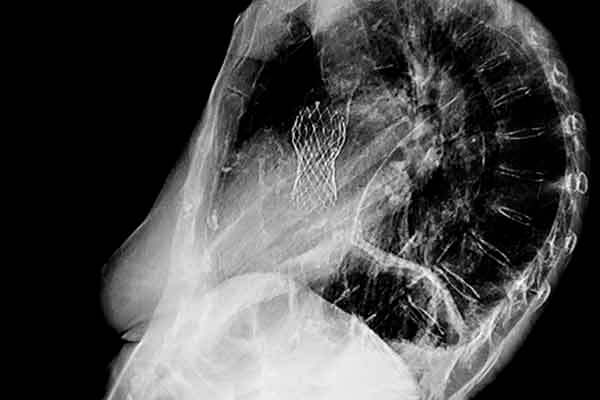
Jordan B Strom | Richard A. and Susan F. Smith Center for Outcomes Research in Cardiology, Boston, MA
Results: Use of administrative claims to determine outcomes in randomized clinical trials showing promise.
Heart Failure and Shared Decision-making: Patients’ Perspectives Regarding Medication-related Cost Discussions

Birju Rao | Emory University, Atlanta, GA
Results: Identification of HF medication out-of-pocket costs during patient-doctor visits is an important part of care, especially for those with HFrEF.
Affordable Care Act Medicaid Expansion Then and Now: Racial/Ethnic Differences in Receipt of Guideline-Directed Medical Therapy During Heart Failure Hospitalizations

Khadijah K Breathett | University of Arizona, Tucson, AZ
Results: More work needed to address barriers to receiving guideline-directed medical treatment (GDMT) following HF discharge.
News Release: Affordable Care Act linked to better heart failure care for minorities, yet disparities persist
Income Disparity and Utilization of Cardiovascular Preventive Care Services in the Medical Expenditure Panel Survey (MEPS)

Andi Shahu | Johns Hopkins Hospital, Baltimore, MD
Results: Poor adults less likely to receive CVD risk factor screening or counseling.
News Release: Low-income adults less likely to receive preventive heart disease care
Health Status Differences Between Early Invasive and Non Invasive Treatment Strategies in Patients With Peripheral Artery Disease: Insights From Portrait Registry

Suveen Angraal | University of Missouri Kansas City, Kansas City, MO
Results: Patients with early PAD revascularization had worse baseline health but more 1-year improvement compared to those who were medically managed.
Patient-reported Outcomes, Resource Utilization, and Healthcare Expenditures Across the 3 Major Atherosclerotic Diseases: The Medical Expenditure Panel Survey (meps)

Martin Tibuakuu | St. Luke's Hospital, Ballwin, MO
Results: Compared to CAD, stroke and PAD were associated with lower use of guideline-directed preventive therapies, highlighting a missed opportunity for secondary ASCVD prevention in these patients.
Scenario Analyses of Lifetime Cost-effectiveness of Icosapent Ethyl in REDUCE-IT

Zugui Zhang | Christina Care Health System, Newark, DE
Results: Multiple scenario analyses found lifetime cost-effectiveness of icosapent ethyl ($4.64/day) compared to standard care.
